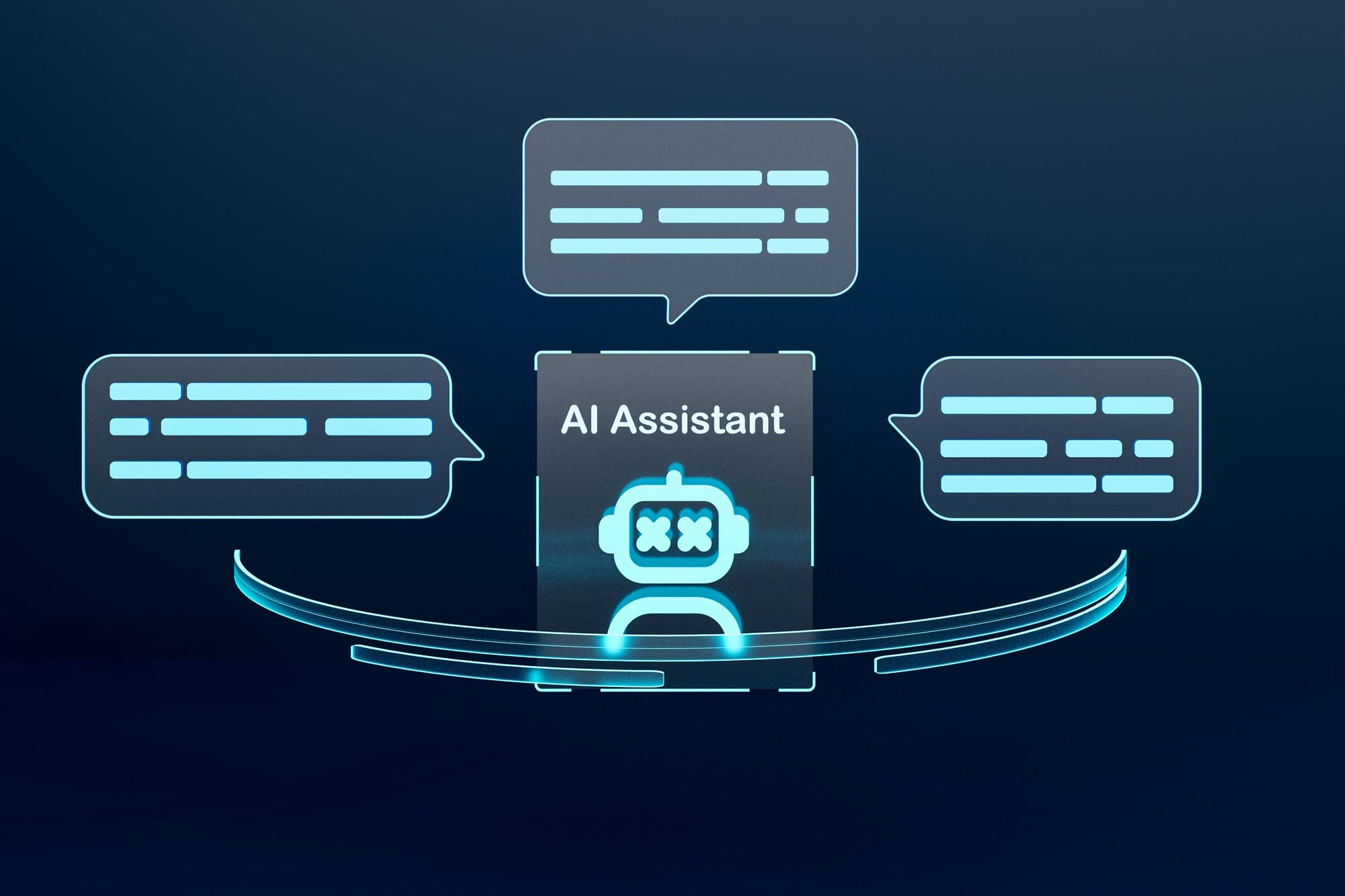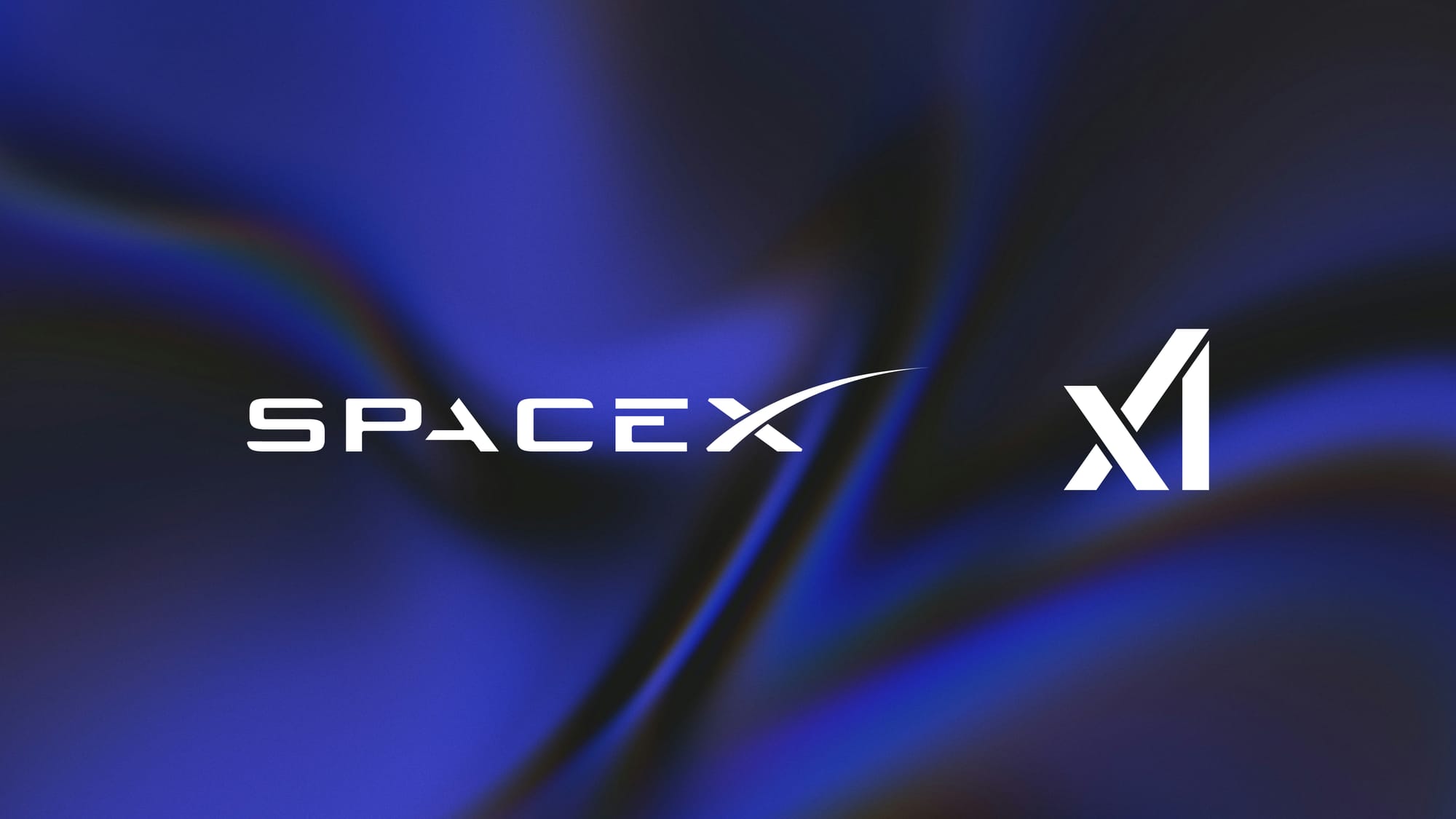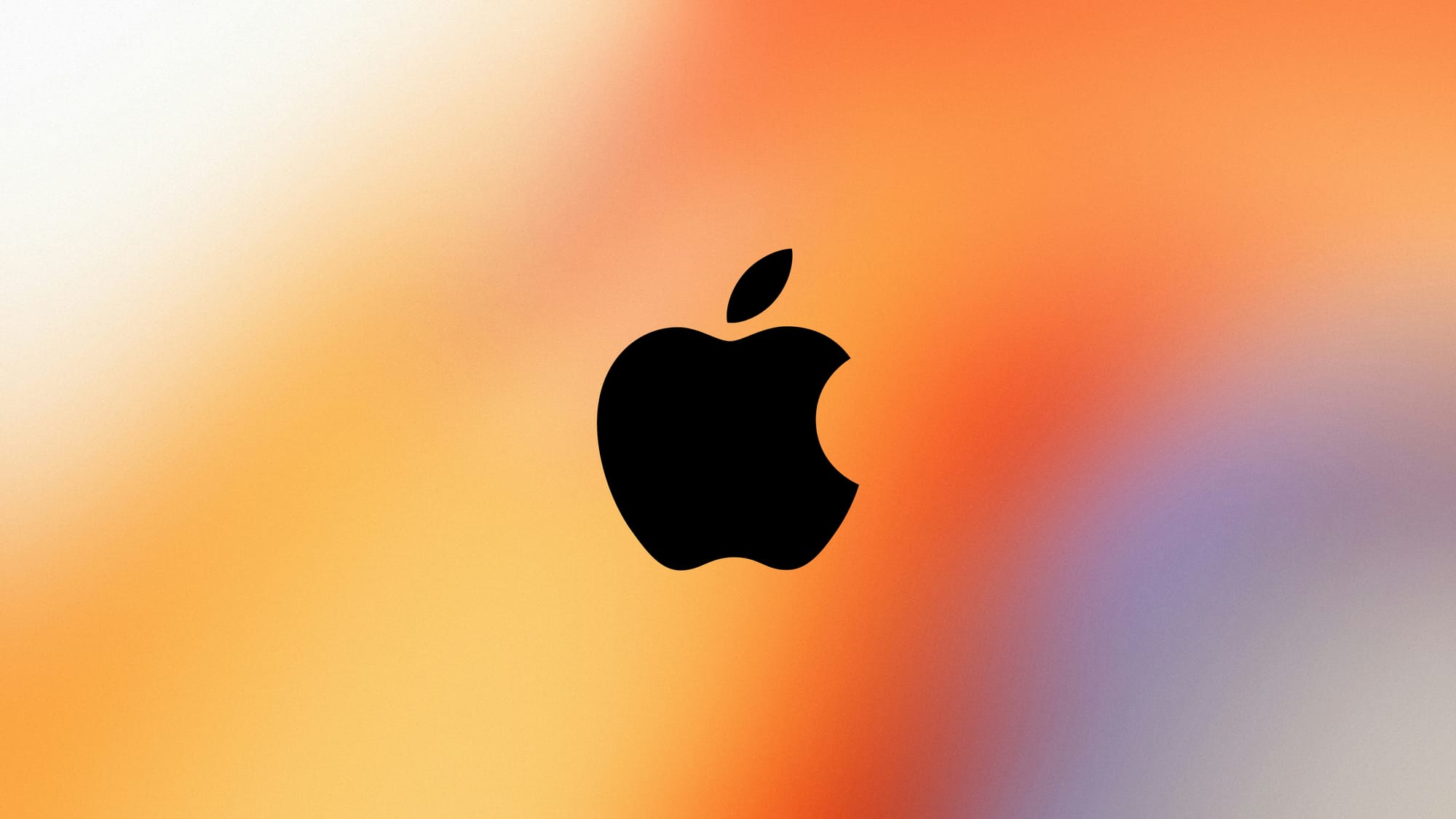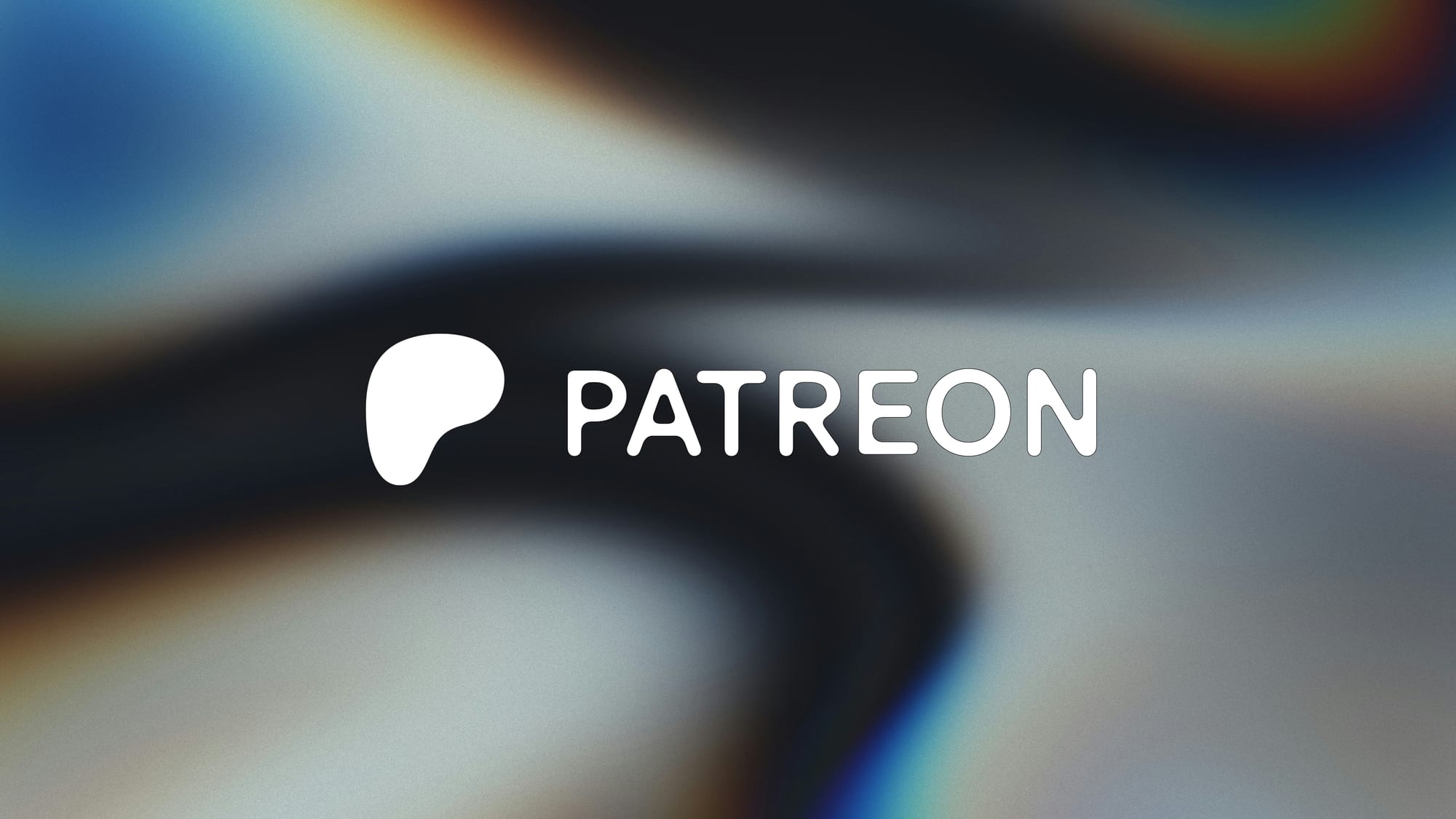The next AI revolution isn’t about solo chatbots –it’s about teams of AI agents working together to solve complex problems. From supply chains to scientific research, these collaborative systems are reshaping industries, and businesses that adapt will get ahead.
Take Stanford’s “Virtual Lab,” where AI agents with specialised expertise debate ideas, refine strategies, and even critique each other’s work to accelerate discoveries. “Many high-impact applications will use teams of AI agents, which are more reliable and effective than a single model,” says Stanford’s James Zou, whose team used this approach to design COVID-19 therapeutics.
Companies like IBM are already capitalizing on this shift. Their watsonx Orchestrate acts as a “supervisor” for AI agents, coordinating tasks across departments while ensuring compliance. Similarly, AutoGPT’s multi-agent systems optimize supply chains by forecasting demand and automating workflows-boosting efficiency by up to 30%.
But success requires more than just deploying agents. As IBM notes, scaling these systems demands “strong compliance frameworks” to keep AI aligned with business goals. Hybrid teams-where humans set priorities and AI handles execution-are proving most effective.
By 2028, 15% of daily business decisions will be autonomous, and early adopters are reaping rewards. For instance, Syncari highlights enterprises using AI agents to automate revenue operations, reducing errors and accelerating deals.
The message is clear: AI collaboration isn’t a futuristic concept –it’s here. Companies that build strategies around these systems today will lead tomorrow. As Gajjar of IBM warns...
“AI orchestrators could become the backbone of enterprise systems this year”.
The question isn’t if your business needs AI teammates, but how soon you’ll welcome them.














Discussion